
Shops in Bengaluru were vandalised over displaying non-Kannada boards on Wednesday by activists of a pro-Kannada outfit.
The protesters were demanding the immediate implementation of the Bruhat Bengaluru Mahanagara Palike’s (BBMP) order requiring businesses to feature 60 percent sign-boards in Kannada.
The deadline to adhere to the new rule was set for Feb. 28, 2024. So, why didn’t the pro-Kannada activists wait till Feb. 28 for the shops to comply before vandalising the shops?
Kannada can’t be promoted by vandalising shops and threatening shop owners. Kannada can be promoted only if we Kannadigas first speak it ourselves.
While indeed Kannada should be on the boards, what about spoken Kannada? In October this year, CM Siddaramaiah rightly said at an event, “Everyone living in this State should learn to speak Kannada. We are all Kannadigas.”
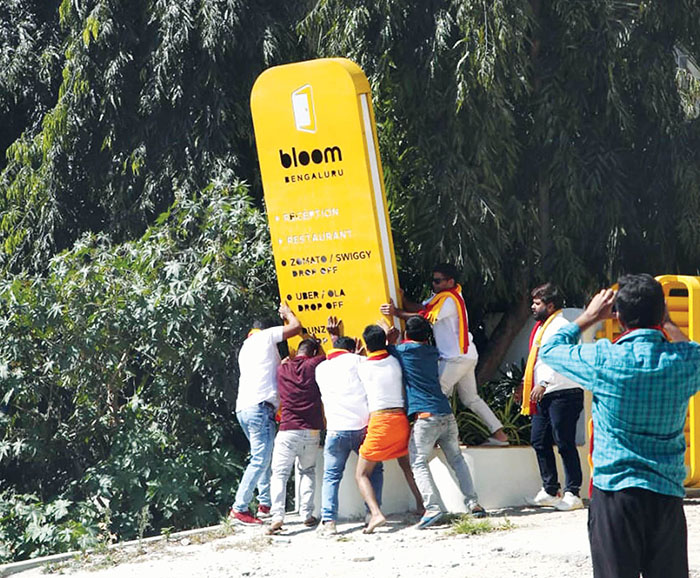
This begs the question: Who is a Kannadiga?
According to the Sarojini Mahishi Committee constituted in 1983, which was asked to give recommendations to help Kannadigas, defined a Kannadiga as not merely someone who has lived in the State for more than 15 years, but who can also speak, read and write Kannada ‘reasonably well.’
The truth is most of us Kannadigas can speak Kannada far better than we can read or write it. So, the definition needs tweaking — if we can speak Kannada well and have lived here for a long time, you are a Kannadiga.
That said, there is an urgent need to promote spoken Kannada and here’s why.
Karnataka is already one of the most diverse States of India with many diverse Kannadigas in terms of food, dialects, culture and traditions. What held these diverse groups of people together? Spoken Kannada.
The Bunt community from Mangaluru speak ‘Tulu’ dialect but they also speak Kannada. Kodavas from Kodagu speak ‘Kodava Thakk’ but they also speak Kannada. Muslims speak ‘Dakhani’ but they also speak Kannada. Even people from other Southern States who have lived in Karnataka for decades can converse in Kannada. Most of them may not be able to write or even comfortably read Kannada albeit with an accent but they can speak it fluently and so it is spoken Kannada that has been the glue to keep us together.
Now with massive migration from Northern States into Karnataka and proliferation of Hindi we doubt if spoken Kannada will be spoken much in cities like Bengaluru which means the glue is coming off and disharmony may set in.
That is why the Karnataka Government must promote spoken Kannada with a sense of urgency. The Government must tie up with construction companies, IT companies, services industries to conduct short spoken Kannada sessions. Give such companies incentives. The Government has to do this if it plans to maintain peace in our State, especially Bengaluru and other urban centres, in the long run. Else we are looking at possible ‘linguistic violence.’
We know what happened in Maharashtra in 1966 with anti-migrant sentiments which gave birth to Shiv Sena. The anti-Hindi agitations in 1965 in Tamil Nadu that gave birth to the DMK. Who knows if Congress, JD(S) and BJP don’t promote Kannada in Karnataka, then one day Karnataka Rakshana Vedike too will become a political force to reckon with.
Every year on Rajyotsava day, our leaders, after hoisting the yellow-red Karnataka flag, speak of promoting Kannada but the same leaders abandon Kannada and break into broken ‘butler English’ the moment a national TV channel thrusts a microphone before them. Why can’t they reply in Kannada, like politicians from other States?
May be pro-Kannada organisations, instead of simply ordering that “outsiders must learn Kannada” should ask the Government to set up inexpensive spoken Kannada classes in all Universities. After all, spoken Kannada is more useful than written Kannada.
Here, young IT entrepreneurs have done more for Kannada than by various Kannada organisations and the Government. These entrepreneurs have launched Kannada learning apps and websites like ‘Kannada Baruthe’, ‘Learn Kannada Quickly’, ‘Day2Day Kannada’ and ‘KannadaGottilla.com.’
Even the Central Institute of Indian Languages (CIIL), based in Mysuru, offers an online Kannada course for Rs. 500. Unfortunately one has to go through ‘script lessons’ before getting spoken Kannada lessons.
The University of Mysore has short-term Kannada courses, but they are not helpful because the focus is more on written rather than spoken Kannada. It would be more helpful if the University offered purely spoken Kannada courses.
That said, non-Kannada speakers, looking to settle down in Karnataka, will make life easy for themselves if they learn Kannada as they can effectively communicate with the Police, local Government or even in shops.
While it is a great asset to know English and Hindi, it is important to know your regional language too, from a sociological point of view. It helps create new bonds and a sense of belonging. Else you will always be outsiders and your refusal to learn or speak the local language after decades of living here may very well be misconstrued as an insult or worse a sign of ungratefulness.
More importantly, local language has an unmatched emotional and communicative value. That is why Nelson Mandela said, “If you talk to a man in a language he understands, it goes to his head. But if you talk to him in his language, it goes to his heart.”
Dear Readers, I wish you all a healthy and joyous year ahead. I also thank you all for reading what I write and hopefully I have done my job of entertaining, informing and evoking a moment of introspection or a smile in you. Once again, wish you all a very Happy New Year.
e-mail: [email protected]




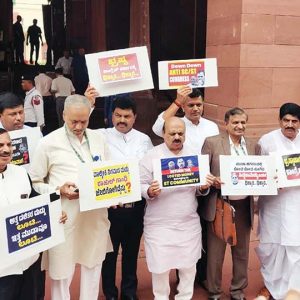
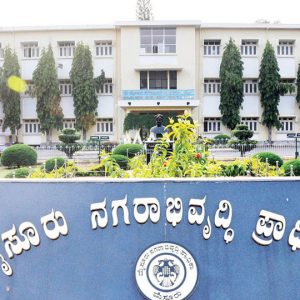
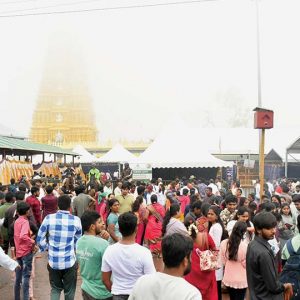
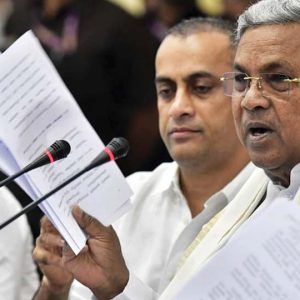
Recent Comments